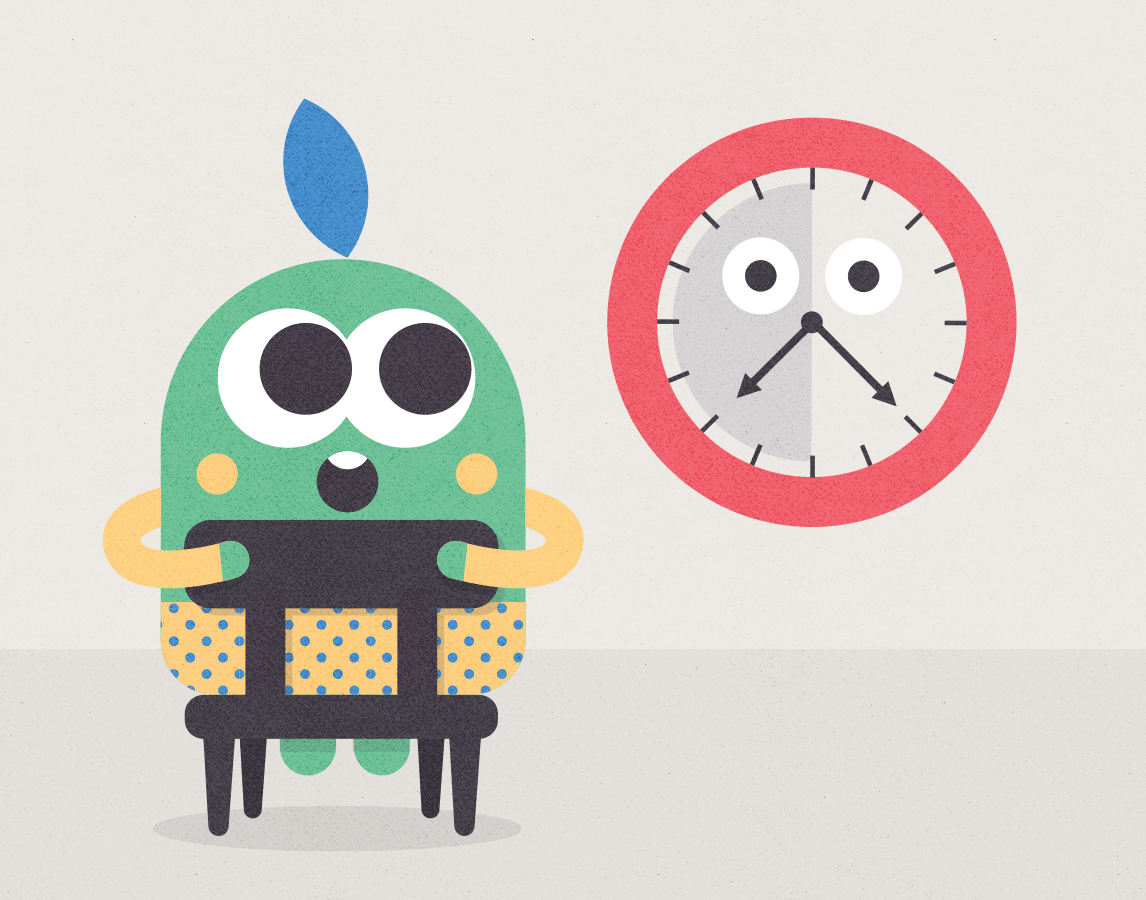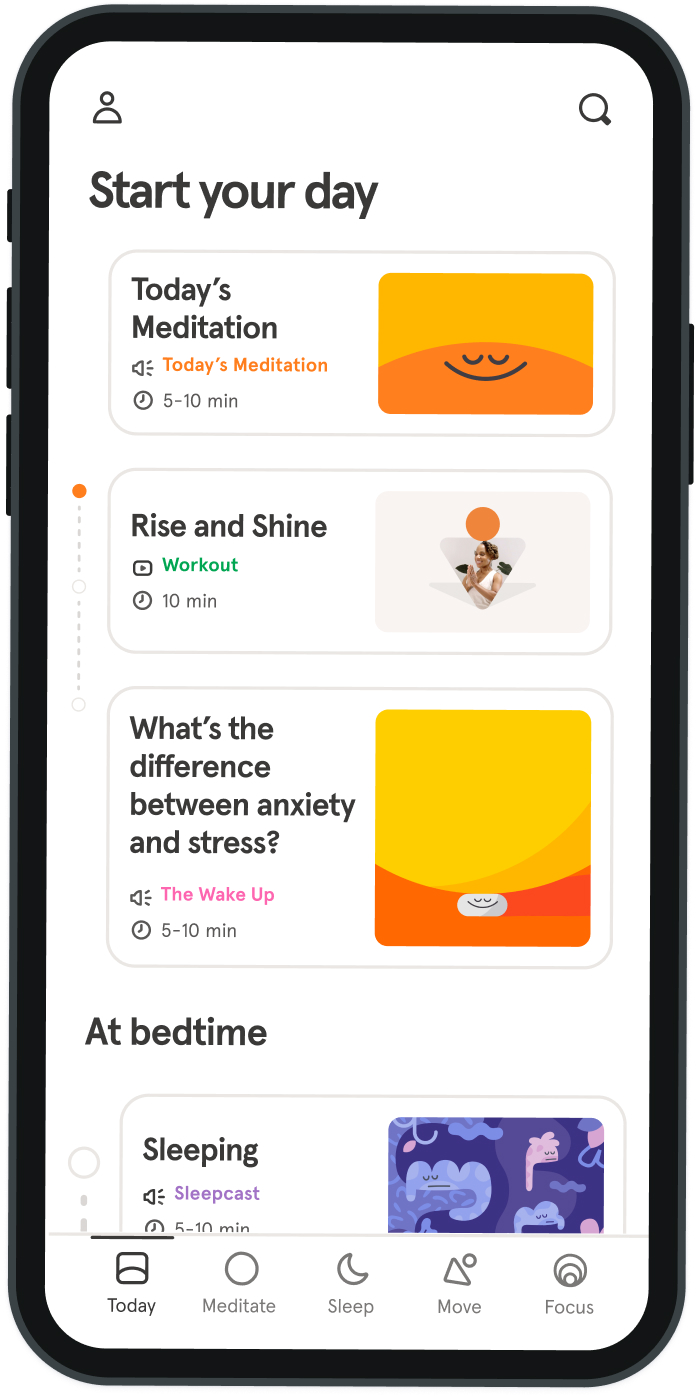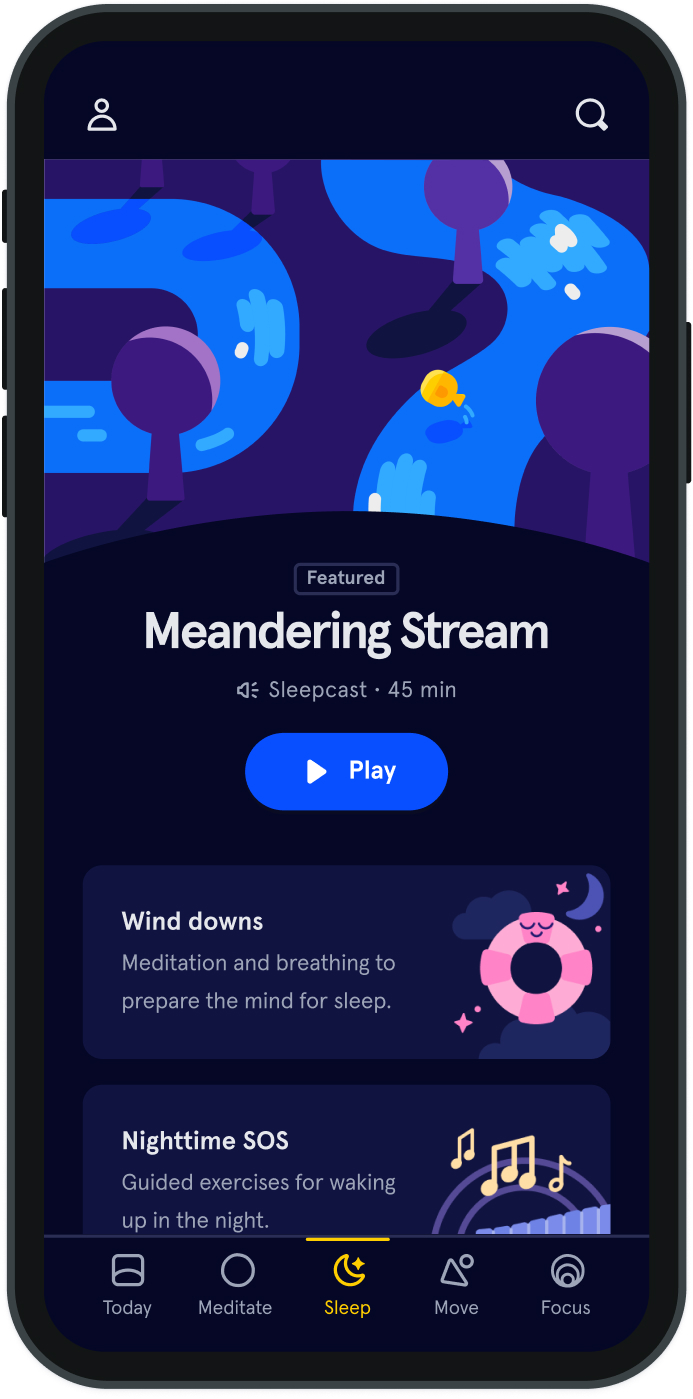Is it time to rethink time-out?
As the makers of Kit Kat know, everybody needs a break from time to time. While adults often enjoy taking time off in the form of a much-deserved nap, mid-workday walk, or vacation, children don’t tend to value the concept in the same way.
For most kids, the idea of taking a break has negative connotations. It’s punitive. It means a forced time-out, either at school or home. It means losing playtime with friends, missing out on fun activities, and generally being in trouble. From an adult point of view, time-out is a necessary tool to teach children the power of self-reflection. But is there a way to rethink its reputation and approach? As a former elementary school teacher, I sent my fifth graders to the time-out corner whenever necessary. The top actions for booking an all-inclusive trip to the time-out corner were: bullying, talking out of turn, and cheating on an assignment.These actions were the result of poor choices that needed to be reconsidered. But it was unclear how much reconsideration was taking place; most occupants of the corner would have staring contests with the tabletop, kick the wall, or try to distract their neighbors. It was clear the corner needed structure. I started with a simple self-reflection sheet that each student needed to complete as their “get out of jail free” card. It worked well for some kids—they took the time to think through whatever situation they handled poorly, and showed remorse for the present with the hope for improved future actions. But their other classmates still struggled. They repeatedly wrote the same generic statements and acted like behavioral boomerangs, pinging back and forth from full group instruction and the dreaded corner. The first attempt at structure was in need of improvement.
A fellow educator had recently introduced meditation to her kids and recommended it for my group. I’ll admit, this was pre-Headspace, and I was skeptical. It was hard enough for me to successfully engage in the practice, so how could I expect 10-year-olds to grasp it? And how could I guarantee they were actually completing the exercises? It turns out certain school districts already did the homework and answered the tough questions for me. Over 3,000 students in San Francisco Unified School District participated in a study that showed significant academic growth (particularly in math test scores) in children that practiced transcendental meditation. While their scores improved, the rate of disciplinary actions like suspensions and expulsions decreased. University of California, Los Angeles completed a similar study showing improved behavior and assessment scores for second and third graders who practiced meditation twice a week for 30 minutes over a period of eight weeks. These positive outcomes were attributed to improved focus and memory, two primary benefits of positive mindful practice. We live in an era where kids are almost constantly stimulated. Though their brains are still developing, students in today’s world experience a great deal of stress. Teaching meditation at a young age gives children a valuable tool that will come in handy both in their present day and future life experiences. Representative Tim Ryan of Ohio pushed this belief with the state’s “Skills for Life” elementary school curriculum program, which currently teaches meditation techniques in several school districts. “The magic moment where they understand mindfulness is when they can catch themselves not paying attention. That’s their chance to control their impulsivity. It helps them stop themselves from doing things like jumping on the couch or whacking their younger brother,” parent Andrew Kelly told ABC News when explaining his family’s meditation practice.
Kelly’s quote captures everything I wanted to help my kids achieve during their stint in time-out. Time-out shouldn’t be fun; it shouldn’t be a reward by any means. But it should be a positive experience wherein students develop a new life skill rather than simply lose time. Self-reflection is a good thing. Sure, they made a mistake, but they have the power to cope and change their situation. To kick off our new and improved self-reflection routine, I guided the class through a 30-minute Monday morning meditation. Students were given time to ask questions and compare their experiences afterward. Next came the new procedure: I equipped the time-out corner with instructions on meditative practice and still required self-reflection summaries at the end of each child’s visit. While it initially wasn’t a perfect practice (what new thing ever is?), we eventually all got the hang of it. My students were always active contributors to the learning community, given many opportunities for feedback on what was and wasn’t working in our classroom environment. A month after our new meditation routine, we checked in about the change. Overall, the students enjoyed the new system. They were able to see the benefits of their meditation in improved self-control (both their own and others). This new practice boosted their accountability and generally made everyone more considerate. The biggest takeaway was that they liked meditation in time-out because it felt good. They were taking care of themselves and really valued that. Could I ask for more from a group of fifth graders who still think fart jokes are funny?

Time-out should be a positive experience wherein students develop a new life skill rather than simply lose time.
Meg Mankins


Be kind to your mind
- Access the full library of 500+ meditations on everything from stress, to resilience, to compassion
- Put your mind to bed with sleep sounds, music, and wind-down exercises
- Make mindfulness a part of your daily routine with tension-releasing workouts, relaxing yoga, Focus music playlists, and more
Meditation and mindfulness for any mind, any mood, any goal

Stay in the loop
Be the first to get updates on our latest content, special offers, and new features.
By signing up, you’re agreeing to receive marketing emails from Headspace. You can unsubscribe at any time. For more details, check out our Privacy Policy.
- © 2025 Headspace Inc.
- Terms & conditions
- Privacy policy
- Consumer Health Data
- Your privacy choices
- CA Privacy Notice
